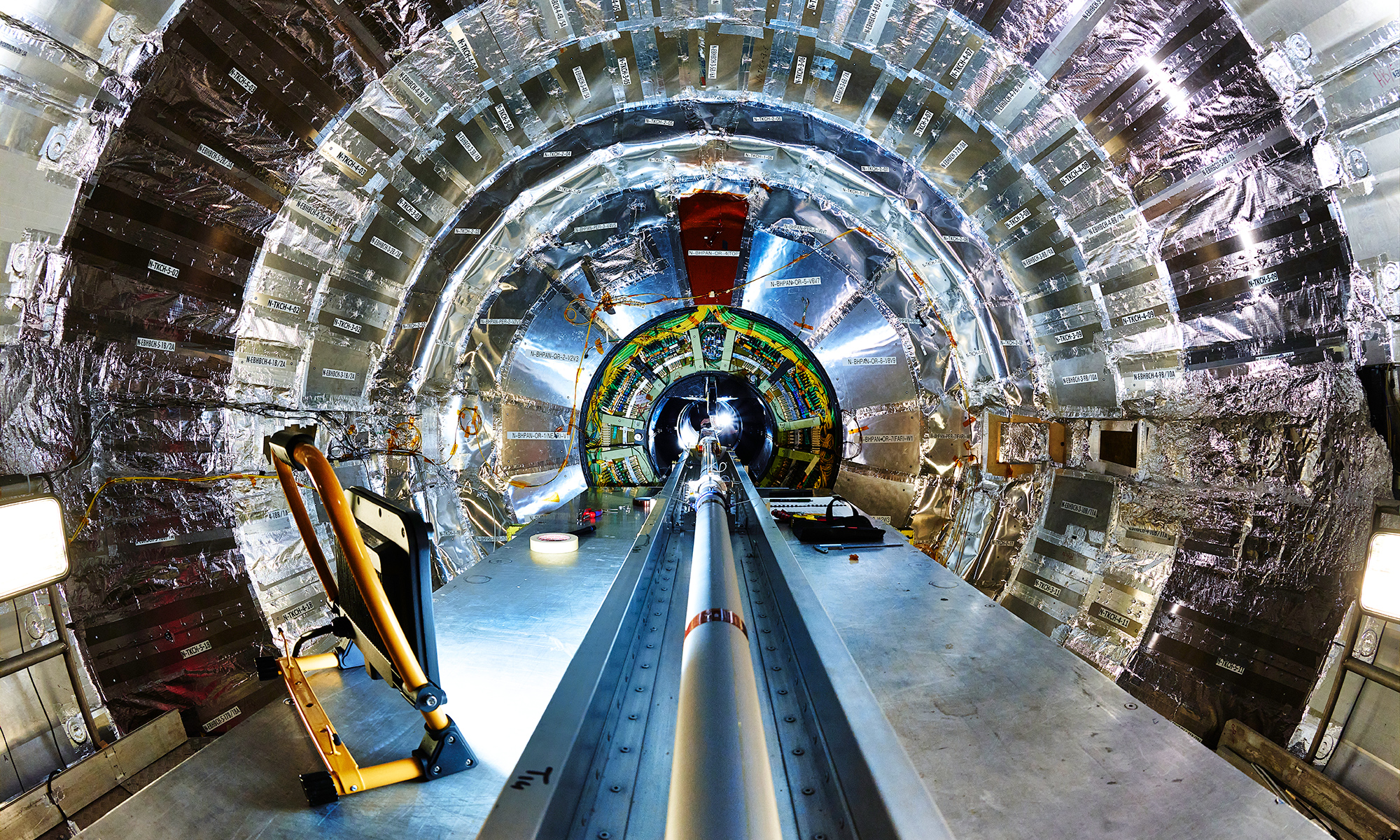
Rochester physicists find ‘spooky action at a distance’ at CERN
The researchers have confirmed that quantum entanglement persists between top quarks, the heaviest known fundamental particles.
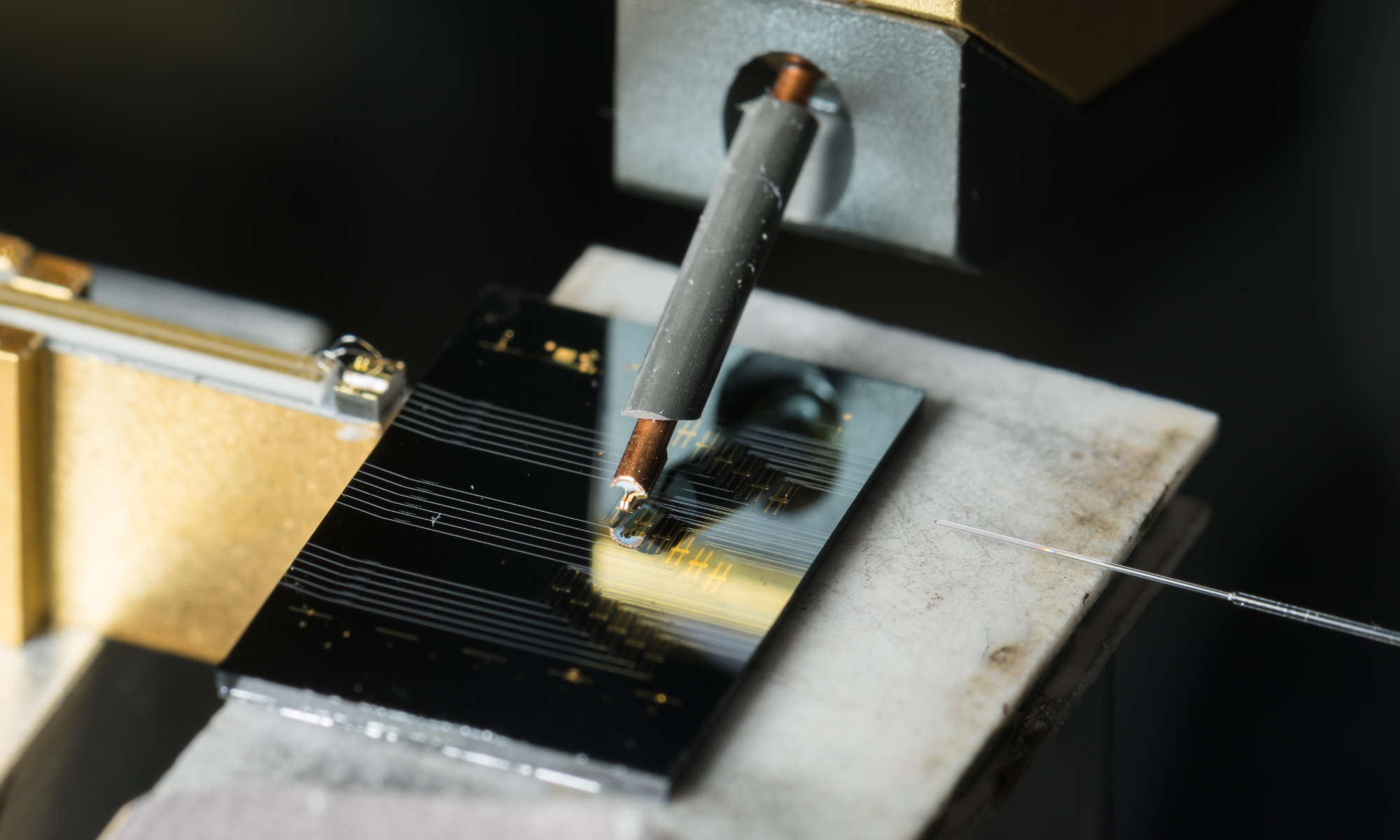
Streamlined microcomb design provides control with the flip of a switch
Microcomb lasers developed at the University of Rochester offer a new path for developing frequency comb generators at a microchip scale.
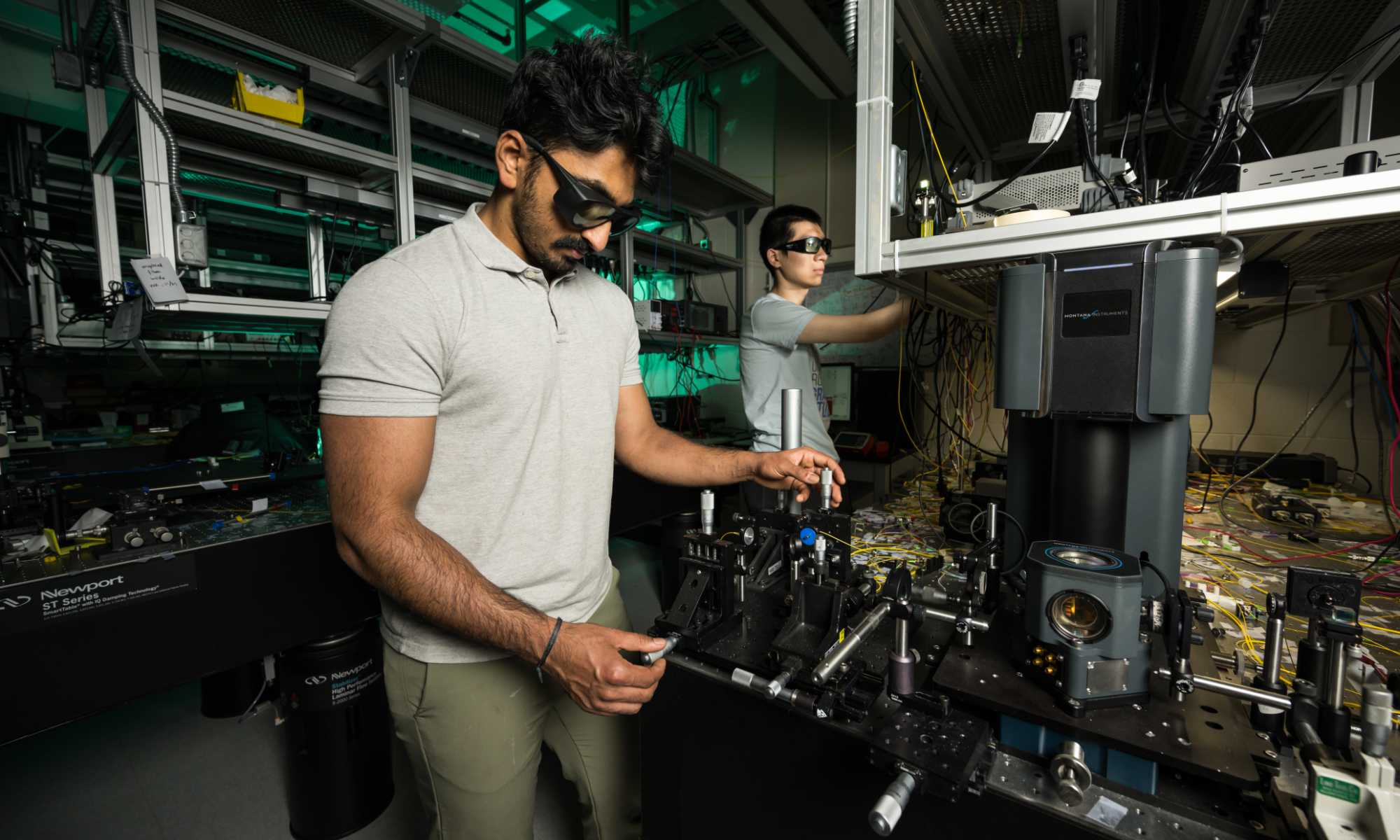
New surface acoustic wave techniques could lead to surfing a quantum internet
Researchers have developed new methods to couple light to sound waves that glide on surfaces.
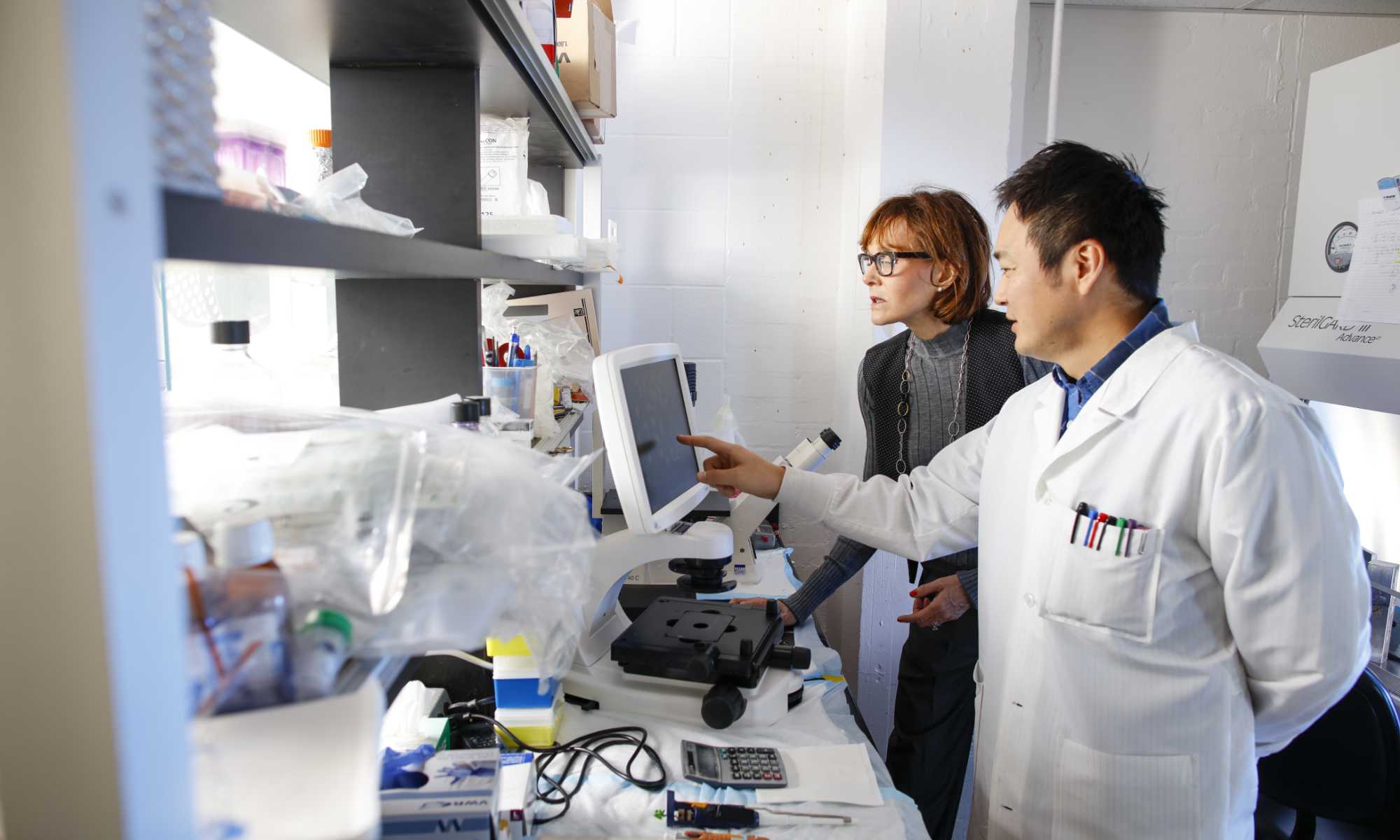
Rochester and Albany launch new Center of Excellence in RNA research
The joint venture between the University of Rochester and University at Albany will drive economic development through research and training.
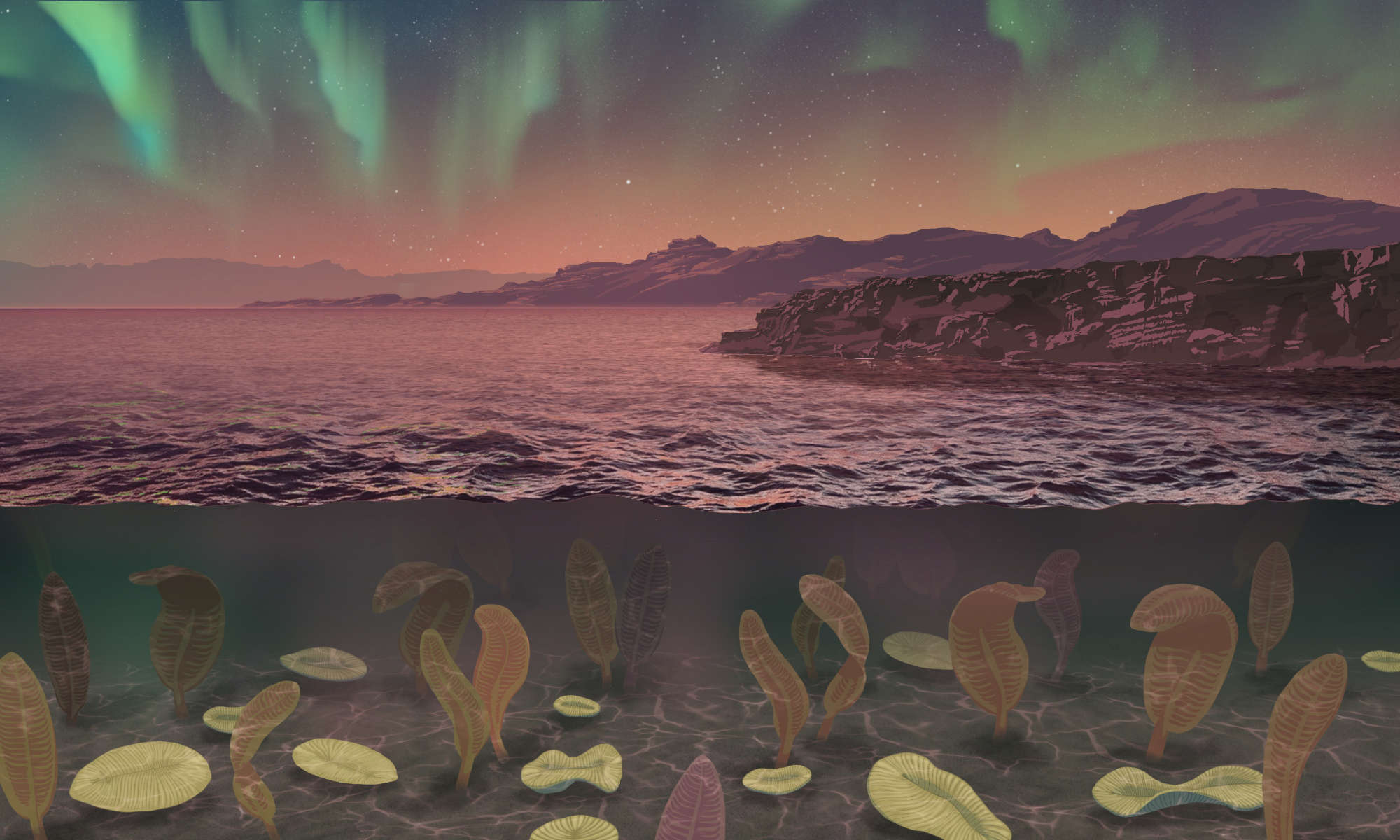
Did a magnetic field collapse trigger the emergence of animals?
Evidence suggests a weak magnetic field millions of years ago may have fueled the proliferation of life.
Research hub aims to unravel health effects of microplastic pollution
The Rochester-based center will let researchers to investigate the interactions between plastic pollution, the Great Lakes environment, and human health.
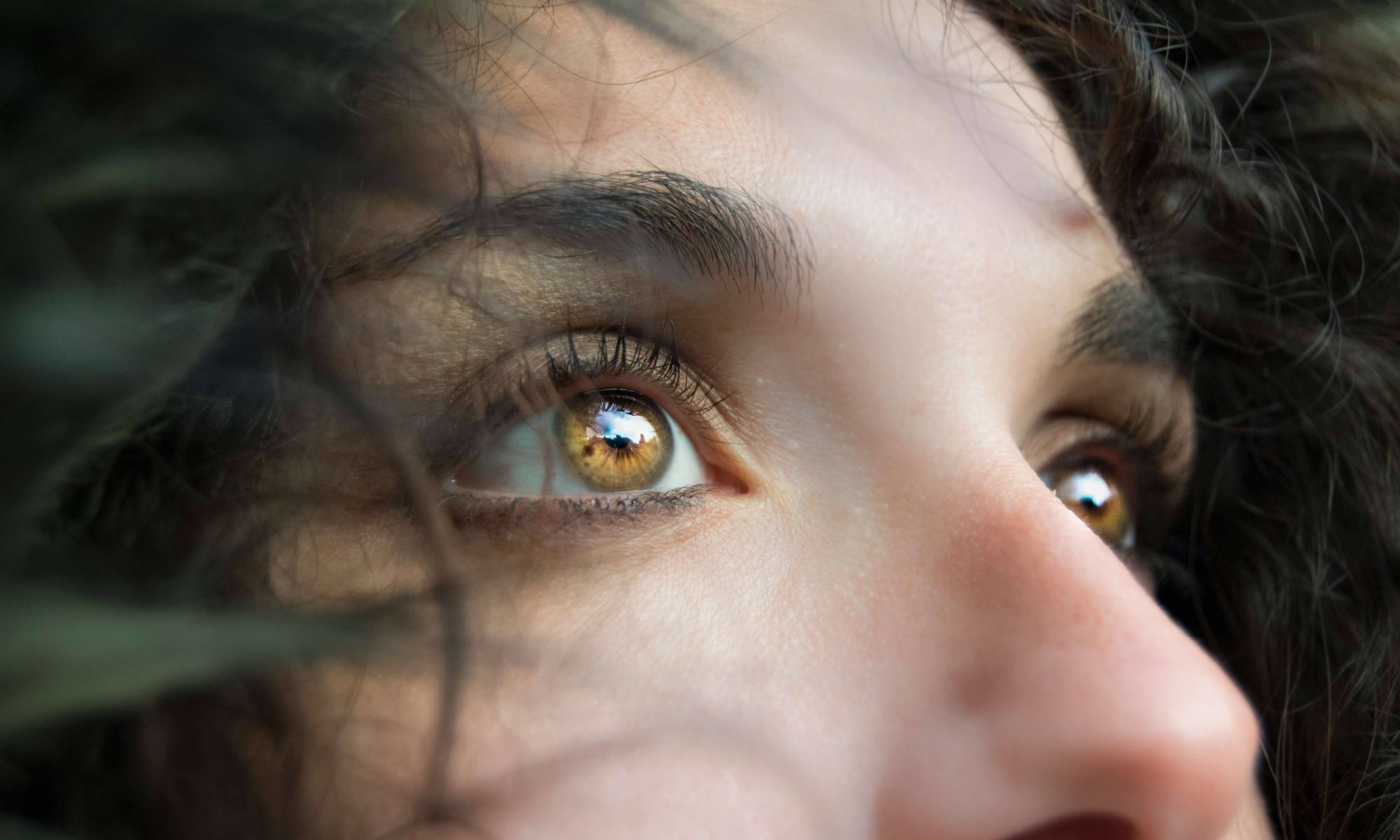
Why do we blink so much?
Researchers find that blinking plays a pivotal role in processing visual information—adding to a growing body of evidence revising our conventional views of vision.

Are these newly found rare cells a missing link in color perception?
Rochester researchers harnessed adaptive optics to gain insight into the complex workings of the retina and its role in processing color.
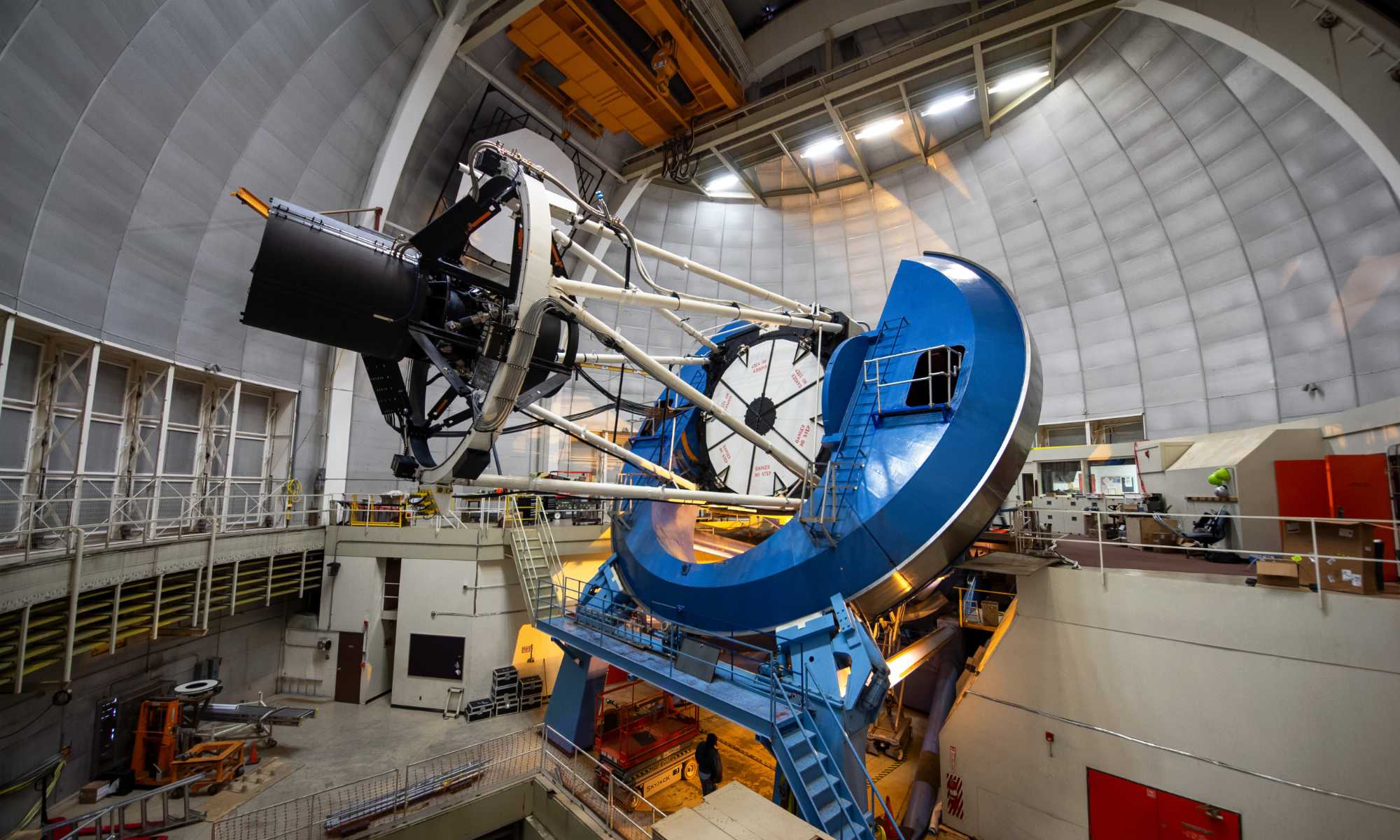
DESI first-year data delivers unprecedented measurements of expanding universe
Scientists have analyzed the first batch of data from the Dark Energy Spectroscopic Instrument’s quest to map the universe and unravel the mysteries of dark energy.
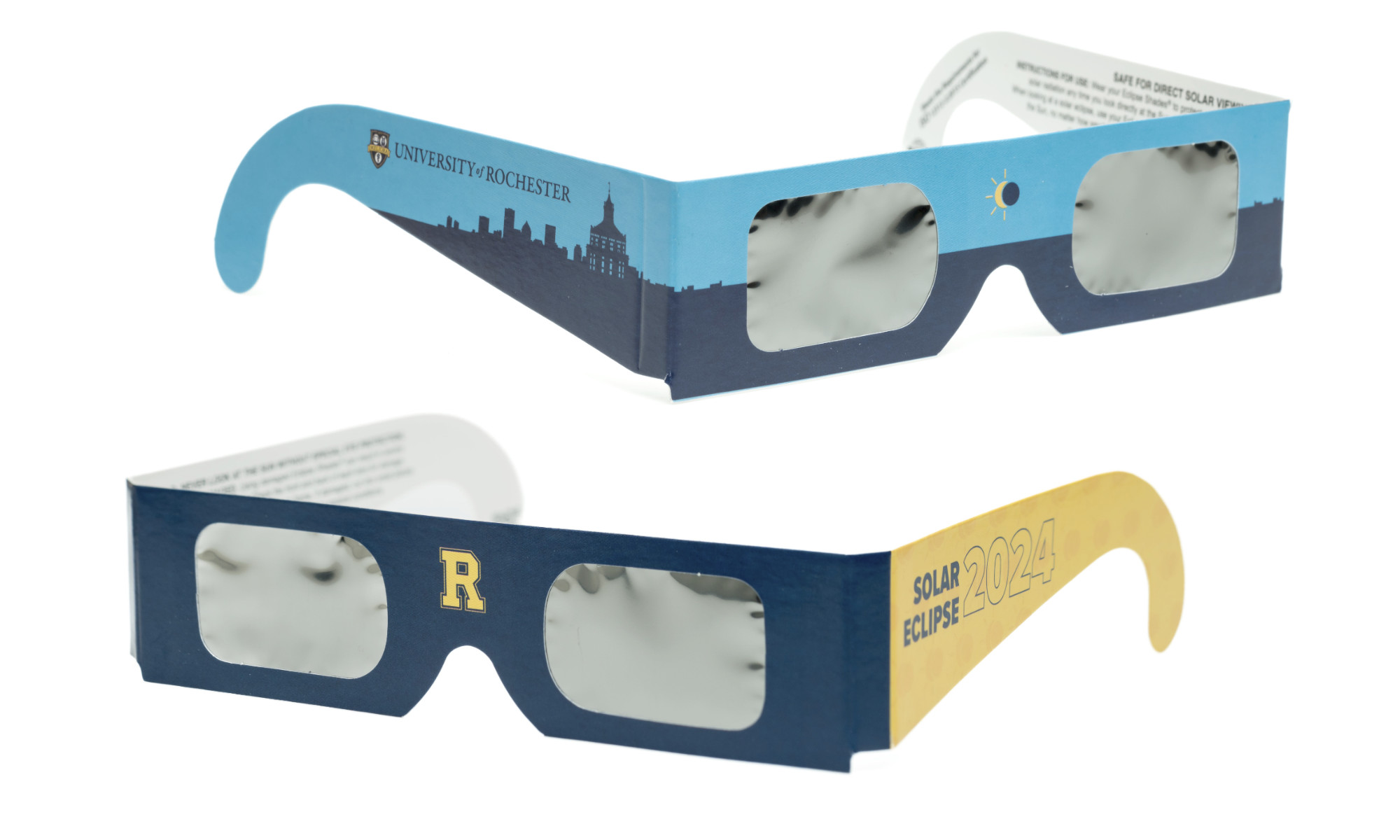
The science behind solar eclipse glasses
An optics professor explains how eclipse glasses protect your eyes from the sun’s light during an eclipse.

